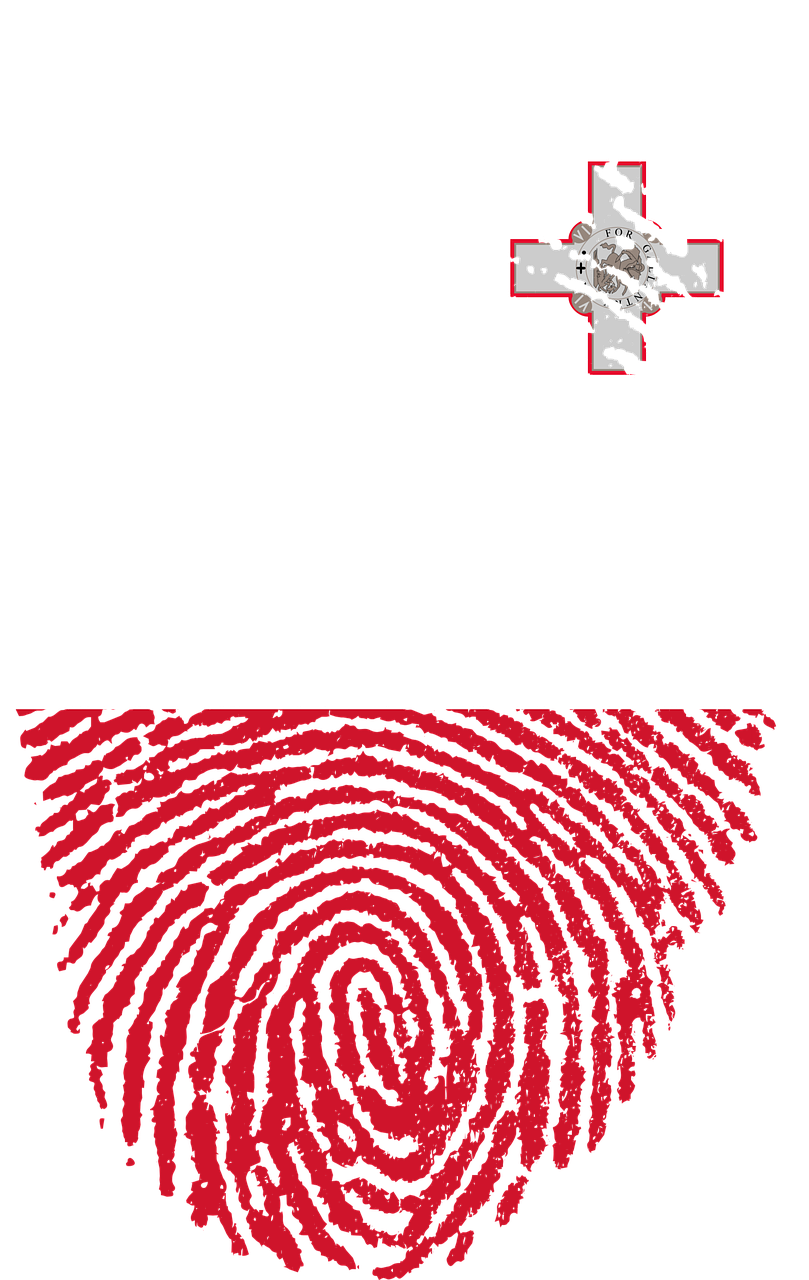The growth of technology and digitalization in recent years has brought about many changes to various industries. In the European Union (EU), two spheres that have been affected are the legal and gaming spheres. With Brexit and the rise of esports in the EU, there are potential impacts on these spheres that need to be explored. This article will discuss the changes in the legal and gaming spheres, how they intersect, and their potential impacts.
II. Changes in the Legal Sphere
Brexit has brought about many changes to the EU’s legal system. With the UK leaving the EU, it will no longer be bound by EU laws and regulations. This has implications for the European Court of Justice, which will no longer have jurisdiction over the UK. Additionally, the EU may make changes to its laws and regulations to account for the UK’s departure, which may affect businesses and individuals operating within the EU.
One area where the EU has focused on making changes is in data protection. The General Data Protection Regulation (GDPR) was implemented in 2018 to strengthen data protection rights for individuals in the EU. This has implications for businesses operating in the EU, as they are required to comply with the regulation when handling personal data. The EU has also implemented the Digital Single Market Strategy (DSM), which aims to break down barriers to cross-border online activity, increase access to digital goods and services, and create conditions for digital networks and innovative services to flourish.
III. Changes in the Gaming Sphere
Brexit also has the potential to impact the EU gaming industry. The UK is a major market for the gaming industry, and its departure from the EU may result in a loss of revenue for EU gaming companies. There may also be changes in regulations for cross-border gaming, which could affect the ability of EU companies to operate in the UK and vice versa.
Esports has also been on the rise in the EU. This form of competitive video gaming has attracted a large audience and is expected to continue to grow in popularity. However, there are legal and regulatory challenges that come with esports, such as player contracts, gambling, and intellectual property.
IV. The Intersection of Legal and Gaming Spheres
The intersection of the legal and gaming spheres can be seen in the challenges of regulating online gaming. The internet has made it possible for individuals to gamble online across borders, making it difficult for governments to regulate. The EU’s push towards more protective regulations, such as the DSM and GDPR, may impact gaming regulations and lead to more stringent requirements for companies operating in the EU.
Gaming companies also have a responsibility to comply with EU laws and regulations. Data protection is a key area where gaming companies need to be vigilant and ensure they are following GDPR requirements when handling personal data. There is also a need for transparency and accountability in gaming, particularly in esports, to ensure fair play and protect the rights of players and fans.
V. Conclusion
In conclusion, the changes in the legal and gaming spheres in the EU are interconnected and need to be explored in tandem. Brexit and the rise of esports in the EU have potential impacts on the EU gaming industry and its regulations. The EU’s push towards more protective regulations, particularly in data protection, may affect gaming regulations as well. Gaming companies also have a responsibility to comply with EU laws and regulations. The potential impacts on these spheres highlight the need for continued exploration and discussion to ensure the legal and gaming spheres in the EU remain fair, transparent, and accountable.
FAQs:
Q: What is the Digital Single Market Strategy?
A: The Digital Single Market Strategy is an EU initiative that aims to break down barriers to cross-border online activity, increase access to digital goods and services, and create conditions for digital networks and innovative services to flourish.
Q: What is esports?
A: Esports is a form of competitive video gaming where individuals or teams compete against each other in games such as League of Legends, Overwatch, and Dota 2.
Q: How does Brexit impact the EU gaming industry?
A: With the UK leaving the EU, it may result in a loss of revenue for EU gaming companies that rely on the UK as a major market. There may also be changes in regulations for cross-border gaming, which could affect the ability of EU companies to operate in the UK and vice versa.













